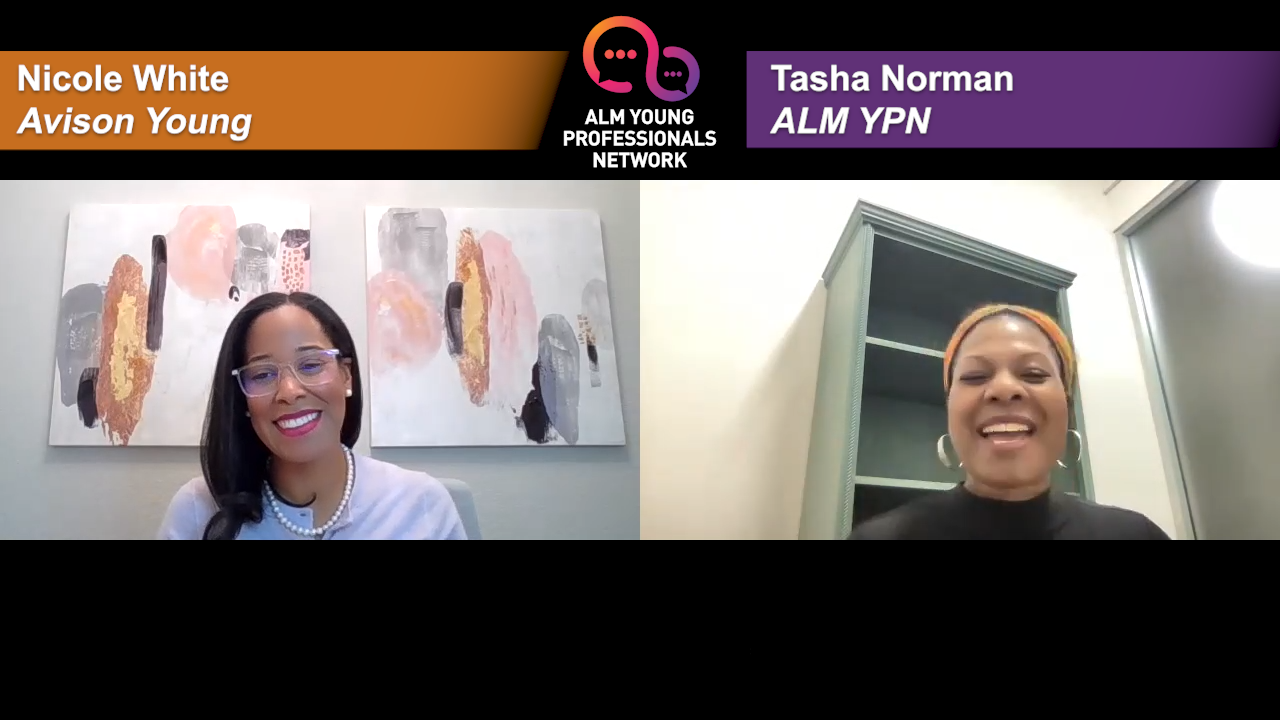MIAMI—Eighteen months ago, Transwestern senior vice president Eric Groffman predicted Miami's office market would outperform the nation long-term because of its growing infrastructure, strong international trade ties, and stature as an international tourist destination. But that doesn't mean leasing office space in Miami is always easy.
GlobeSt.com caught up with Groffman to discuss the state of office leasing in part one of this two-part exclusive interview. Be sure to come back this afternoon, when Groffman will discuss the biggest challenges to inking deals in today's market.
GlobeSt.com: What is the state of office leasing and how has it changed over the past 18 months?
Groffman: Generally the market has gotten tighter, having improved dramatically in terms of supply and demand. It seems that more new businesses are coming into the market and existing tenants are expanding. There is an overall general buzz of positive economic, lifestyle, and business incentives that are going on in Miami that are attractive to businesses to come, stay and grow in Miami.
GlobeSt.com: Is it easier or more difficult to get office leases done?
Groffman: Compared to the past 48 months, it is substantially easier to get office leases done because office tenants see that supply is diminishing and options are much more scarce than they were in previous years.
GlobeSt.com: What trends are you seeing in office leasing?
Groffman: Tenants are continuing to seek out buildings that have stable ownership and management. In terms of office size trends, we are seeing typical office size in Miami increase—great for landlords—and as the city becomes more dense and congested, tenants are looking for buildings that have good proximity to major thoroughfares and are positioned near traffic patterns that make sense for their employee base. Overall, Miami's office market is now a more balanced market for both landlords and tenants. There is still room for substantial rent growth in near term.
GlobeSt.com: Is there a one-size fits all strategy for handling office leasing transactions or does the strategy vary widely based on the market and the landlord and the tenant? What factors influence your strategy?
Groffman: There isn't a one-size strategy, you need to understand your product, and best user of your product, and extract from that what you are seeking: a tenant that is willing to pay for the attributes that best fit their business needs.
GlobeSt.com: How do you approach office leasing transactions?
Groffman: We approach leasing by going out and finding the best fit for that particular project as opposed to taking calls and order processing.
GlobeSt.com: What are your best practices for handling office leasing transactions?
Groffman: Customized project marketing, strategic outreach, and deal structure that is consistent with the owner's financial objectives.
© Touchpoint Markets, All Rights Reserved. Request academic re-use from www.copyright.com. All other uses, submit a request to [email protected]. For more inforrmation visit Asset & Logo Licensing.






